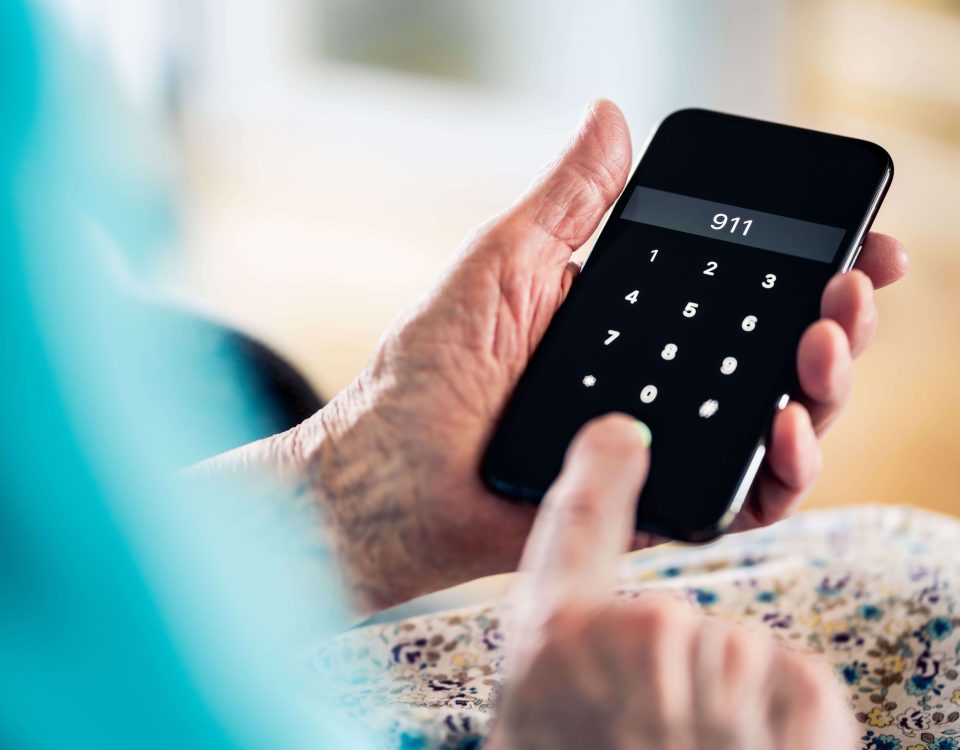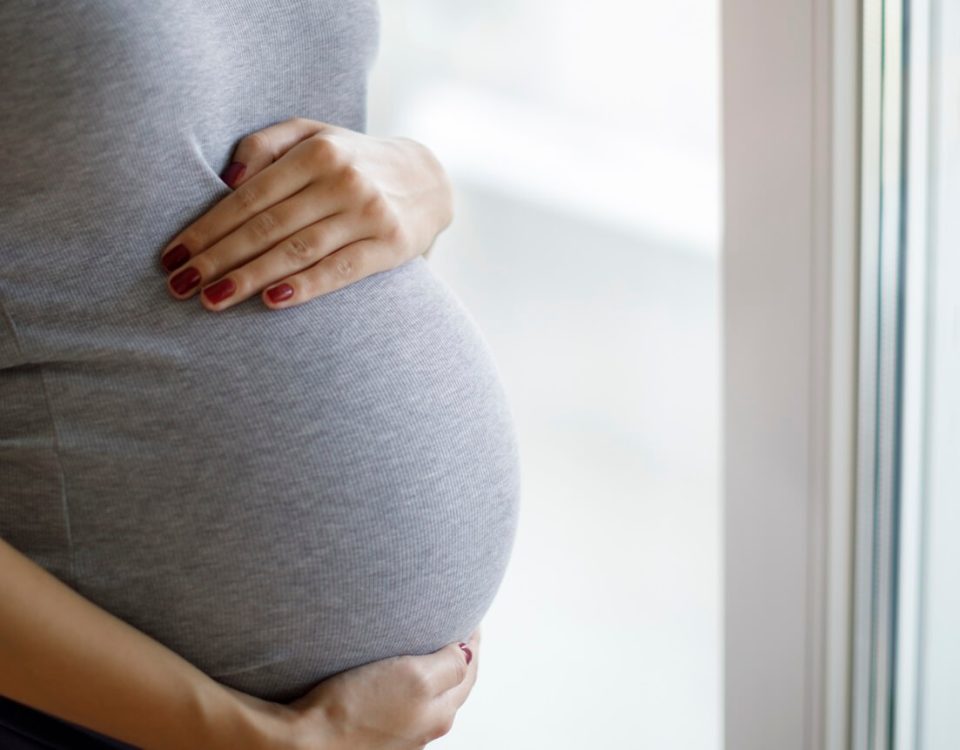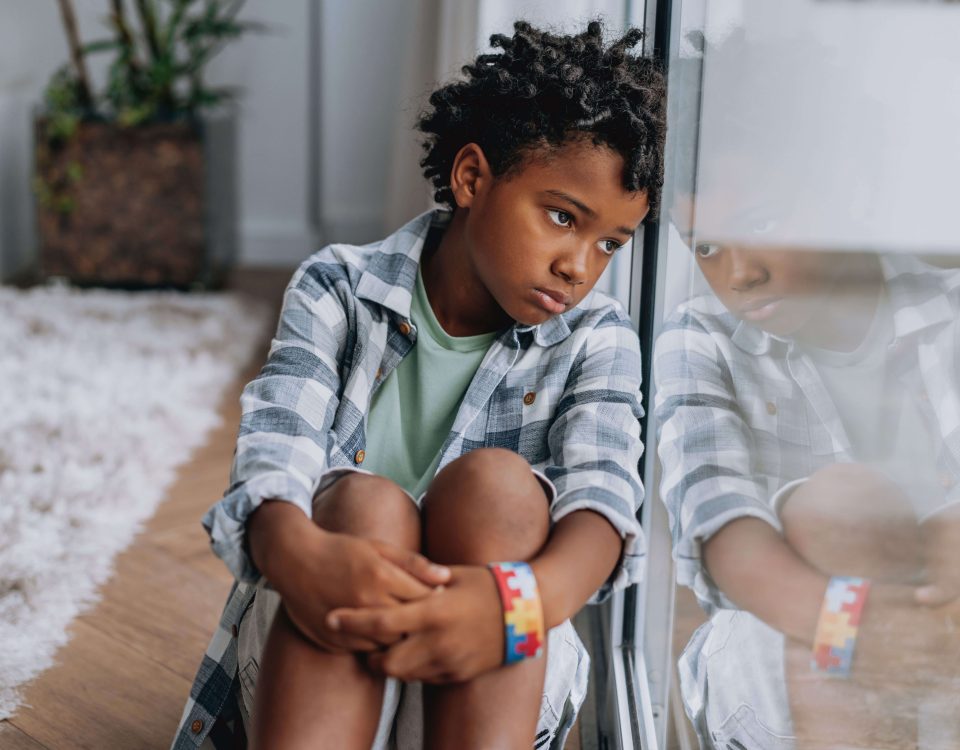- Have any questions?
- 412-123-4567
- noreply@upmc.com
What Happens to the Body During Opioid Overdose

An opioid overdose can happen if a person has overloaded their body with medications or illicit drugs, or a combination of opioids and other medications, drugs, or alcohol. Every day, approximately 130 people die from an opioid overdose in the United States.
Most opioid overdoses are unintentional, but they can happen in a variety of ways and in any type of location. Regardless of how or where a person has overdosed, opioid overdose is a serious medical emergency that must be treated immediately. It’s important to know the signs of an opioid overdose and know what to do so you can potentially save a life.
What Can Happen During Opioid Overdose?
When taken, opioids affect the entire body. When a person overloads their body with opioids, the following can happen:
- Blood - Veins can collapse, and the person’s blood stream become filled with opioids, which can suppress normal blood flow throughout the body.
- Brain - When too many opioids enter the brain, oxygen flow becomes limited and permanent brain damage can occur within only four minutes of oxygen deprivation. Opioid overdose can cause seizures, which may further damage the brain. Permanent brain damage can leave people paralyzed or unable to speak
- Heart - Opioids taken in large amounts can interfere with receptors between the brain and heart, causing the heart rate to slow down or even stop. As breathing slows, oxygen levels fall, which may trigger abnormal heart rhythms. Lips and fingernails begin to turn blue, signaling a lack of oxygen. In some cases, this may cause cardiac arrest.
- Lungs - Opioid overdoses can cause respiratory depression, which slows the person’s breathing. Slowed breathing can be fatal. An opioid overdose also can cause pulmonary edema, a fluid leak that fills up the air spaces of the lungs. This fluid can cause foaming at the mouth. Because the gag reflex is also suppressed by the opioid's effects, the person may be unable to swallow or spit, which can lead to choking. Vomiting as a result of an overdose can lead to aspiration, which can also cause choking.
Know the Signs of Overdose
While opioid overdoses can happen at anytime and anywhere, there are ways you can help. The most important step is knowing and identifying the signs of an opioid overdose:
- Loss of consciousness
- Unresponsive to outside stimuli
- Awake, but unable to talk
- Breathing that is very slow and shallow, erratic, or has stopped
- For lighter-skinned people, a skin tone that turns bluish purple
- For darker-skinned people, a skin tone that turns grayish or ashen
- Choking sounds, or a snore-like gurgling noise
- Vomiting
- A body that is very limp
- Fingernails and lips that have turned blue or purplish
- Pulse (heartbeat) that is slow, erratic, or not there at all
What to Do
If you suspect someone may be experiencing any of the above symptoms of an opioid overdose, call 911 immediately.
Note that most states have enacted Good Samaritan laws, which offers protection for those who report an overdose in good faith, even if criminal activity is involved. These laws encourage members of the community, family members, and friends to call 911 in the event of witnessing an overdose.
The primary problem with an overdose is inadequate respirations. Ensure the individual has an open airway that is free of obstructions and lay the individual on their side.
If available, administer Narcan®(naloxone) within two to three minutes. When administered, Narcan works by blocking the effects of opiates on the brain and temporarily restores breathing. To obtain Narcan in Pennsylvania, you can either get it from a doctor’s prescription, or by downloading the standing order and taking it to a participating pharmacy.
Lastly, be sure to stay with the individual until help arrives.
More Information on Opioid Addiction, Overdoses, and Naloxone
If you are someone you know is suffering from a substance abuse disorder, please call the Get Help Now Hotline at 1-800-662-HELP (4357) for more information about treatment resources.
To learn more about UPMC’s programs, contact the UPMC Center for Opioid Recovery or UPMC Addiction Medicine Services.



